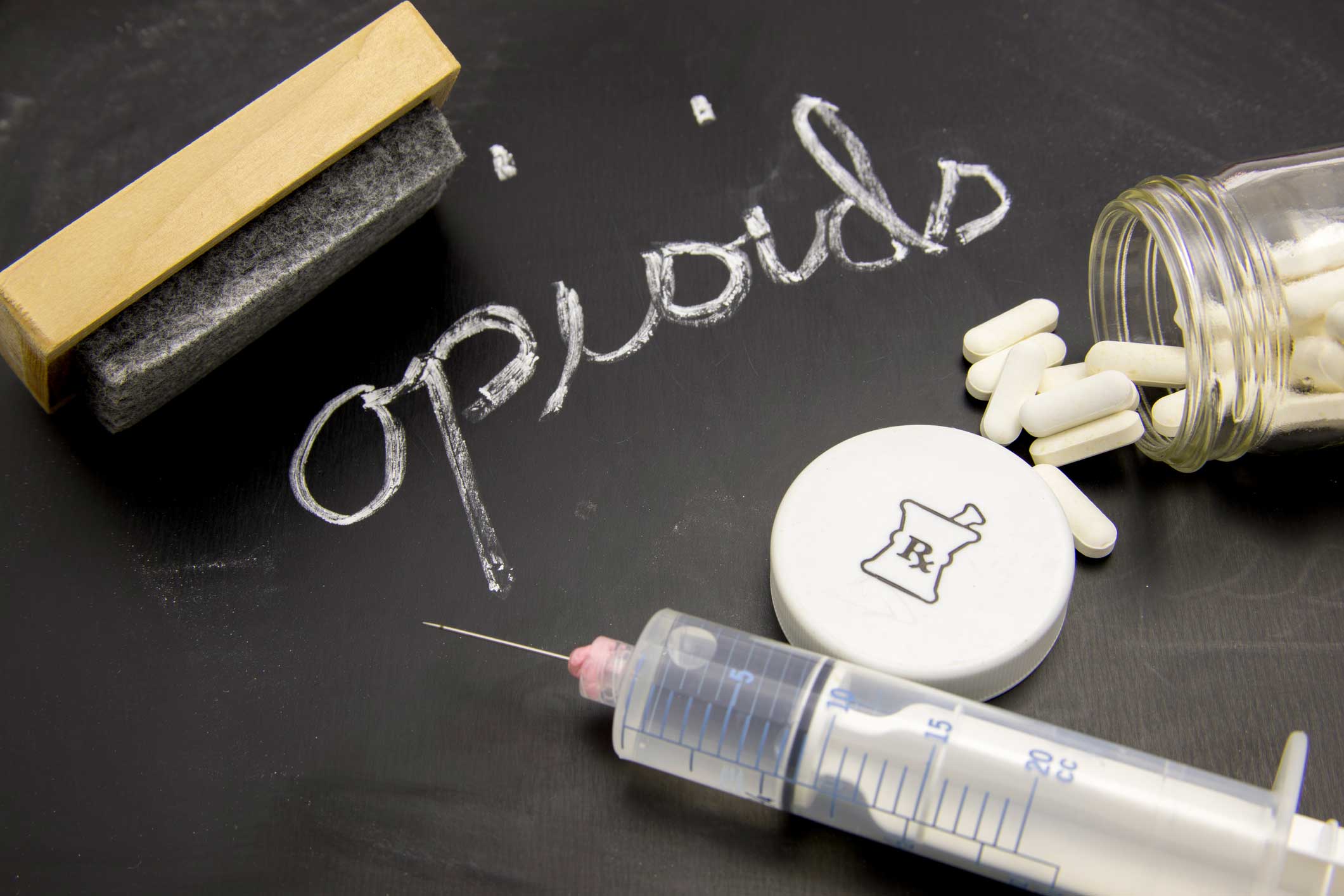Six months into a partnership with municipal and community groups in Meriden, a Rushford team of professionals and the city’s first responders have made a significant difference in the pervasive opioid epidemic with 45 referrals to wrap-around services that might have not been made otherwise.
Perhaps more importantly, however, the Meriden Opioid Referral for Recovery (MORR) program has narrowed the chasm between available services for opioid use disorder (OUD) and the people who need them most as the Rushford team forges stronger connections in a community that is beginning to slowly trust them and their intentions more.
As National Overdose Awareness Day approaches, statistics from MORR, which was announced in late 2018 and fully staffed in February 2019, underscore its value in helping those needing real-time interventions for OUD.
“Once naloxone saves people with OUD from death by overdose, MORR offers them an option to tap the services at Rushford and work toward sobriety,” said Dr. J. Craig Allen, medical director of Rushford.
MORR – funded by a four-year, $2-million federal grant from the Department of Health and Human Services Substance Abuse and Mental Health Services Administration (SAMSHA) –provides first responders with Narcan™ to reverse the effects of opioid overdose. First responders are then empowered to connect appropriate people with the Rushford MORR Team for follow-up assessment, clinical treatment and case management services that are so critical in the days after an overdose.
As of Aug. 1, Jessica Matyka, director of crisis and community programs with Rushford, said MORR logged:
- 45 referrals from first responders to Rushford.
- 38 people who continued to follow up with outpatient services six weeks after their referral.
- 29 people who continued to follow up three months after initial referral.
Demographically, those being helped through MORR are:
- 64 percent male.
- 27 percent Hispanic/Latino; 50 percent white; 7 percent black; 3 percent Asian.
- 26 percent diagnosed with mental health problems.
- 7 percent speaking English as a second language.
- 7 percent disabled or physically limited.
“Our approach is to let people know we are here to help assess their needs and meet them where they are in terms of their recovery,” Matyka said. “Individuals may not be ready and able to consider treatment until their basic needs are met. For example, several people have said they need to acquire identification so they can seek employment or other resources. MORR staff has assisted with this need, which helps to develop a therapeutic and trusting relationship. That, in turn, increases the likelihood the individual will engage in ongoing interventions and treatment.”
This relationship-building is key when MORR teams come into contact with people with OUD. Recovery looks different for everyone and people enter recovery at different times, Matyka said. The MORR team remains in contact with individuals, even when they are not ready to enter treatment. This has helped create faster access to treatment when they are ready, she explained.
“The outreach portion of the grant is enabling us to plant seeds about treatment and recovery with vulnerable people,” she said, noting that MORR teams visit areas of high drug use, including area motels with drug activity, and talk to people.
At one motel, team members were asked how to access Narcan and they took the opportunity to educate community members about access to life-saving medications as well as treatment options.
“They then gave a lesson on using Narcan and returned later with Narcan kits for the motel’s front desk, actions that follow a community health worker model,” Matyka said.
The MORR program has also provided added community resources and training. Mental Health First Aid courses have been provided to the Meriden Police and Fire departments, and Hunter’s Ambulance. The medication disposal box in the main lobby of the police station has collected more than 200 pounds of medications from community members, meaning there are 200 pounds less medications on the streets.
Rushford and the Hartford HealthCare Behavioral Health Network offer Medication Assisted Treatment Close to Home (MATCH) programs for treatment of addiction to drugs or alcohol. For more information, click here.

